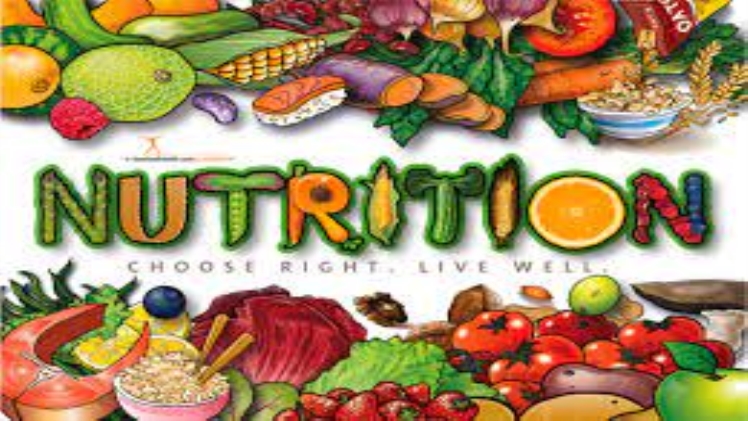The body runs on the fuel it is provided with. When we were hunters and gatherers, this fuel came in the form of foods collected in the wild, encompassing a diverse range of health-giving chemistry, to include components far beyond vitamins and minerals. For instance, archaeologists have found evening primrose seed on ancient European sites, leading us to believe that prehistoric men and women knew the value of the oil collected from these tiny seeds.
Archaeologists and anthropologists are also able to tell us of the diseases of ancient peoples. There is evidence to suggest that cancer, osteoporosis, rheumatism, and arthritis were often exacerbated by their working and living conditions, but also partly because their dietary needs were not always met— just as with modern man.
They did not, however, have high quantities of sugar literally eating away their vital calcium, magnesium, zinc, and mineral supplies, with processed junk food creating a plethora of bowel diseases, cancers, and other disorders. They had the stress of survival on a day-to-day basis, but the adrenaline they produced to deal with these situations was more readily burned off. I rather feel that their instincts and needs were completely intact and, therefore, that their hormones, glands, brain, and organs functioned with a more natural rhythm and balance.
Until recently there were quite a number of peoples who ate well and with variety from the wild. Mountain peoples of Iran, for example, typically caught wild meat and ate dishes often containing thirty to forty species of wild plants and herbs. But now wild meat and lots of the wild plants and knowledge of what to collect and how to use them have dwindled. Modern-day people of the so-called progressive Western world also have become less instinctive and their health less stable.

